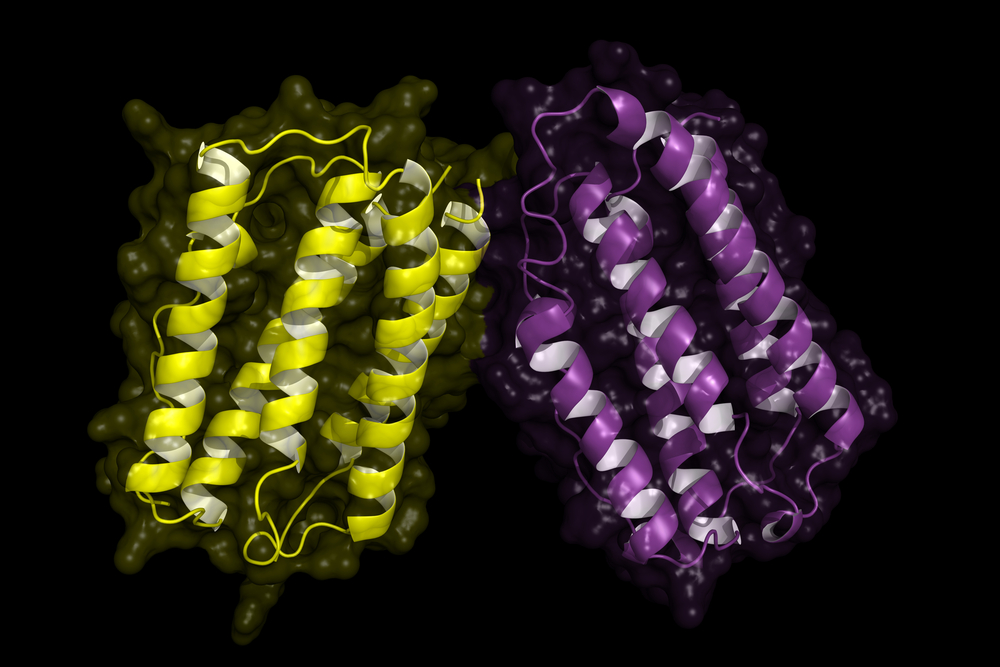Research About Why Interferon Can Fail is Welcome
Written by |


I have made no secret of my distrust of the side effects from many of the disease-modifying therapies (DMTs) that are used mainly in the fight against relapsing multiple sclerosis (MS). The fact that the most serious, albeit rare, side effects listed by the manufacturers of some drugs, include “death” is more than a little off-putting.
And, as if that is not bad enough, some drugs just don’t work with a large proportion of people with MS. Indeed, interferon-beta is said not to work for as many as half those who are treated with it.
The good news, though, is that researchers at Duke University in North Carolina, working with mice, seem to have discovered the reason.
Their study, “Mapping the Biology of Drug-Resistant Multiple Sclerosis,” has revealed biological mechanisms that can lead to a form of MS that doesn’t respond to the drug. What’s more, they have identified a new drug that might help MS patients for whom interferon-beta treatment fails.
I am not going into scientific details in this column; those who wish to do so can follow the link above. But it is good to see some progress is being made in this area.
Duke University associate professor of immunology Mari Shinohara, PhD, was a senior author of the study. She said: “The study shows a really clear molecular mechanism that may explain why some people do not respond to interferon-beta treatment. We’ve found what makes a difference in the response.
“We found that, depending on which type of disease the mice had, we could choose the appropriate treatment,” she said.
Professor of medicine and molecular genetics and microbiology, at Duke, and a coauthor of the paper Simon Gregory, PhD, said: “We identified individuals who were not responsive to the interferon-beta treatment, and looked at their CXCR2 and LTBR relative gene expression levels.” They were found to be producing more of the receptors.
Researchers voiced concern about MS patients currently being failed by one of the several interferon-beta-branded drugs available.
Shinohara said: “Now these patients have to go through all the pain, inconvenience, and cost of interferon-beta treatment, only to be told that it doesn’t work for them. It’s a big problem, and it would be really nice if we could tell upfront which treatment works,” she said.
In the U.S., the National Multiple Sclerosis Society and National Institutes of Health support the study.
Note: Multiple Sclerosis News Today is strictly a news and information website about the disease. It does not provide medical advice, diagnosis, or treatment. This content is not intended to be a substitute for professional medical advice, diagnosis, or treatment. Always seek the advice of your physician or other qualified health provider with any questions you may have regarding a medical condition. Never disregard professional medical advice or delay in seeking it because of something you have read on this website. The opinions expressed in this column are not those of Multiple Sclerosis News Today, or its parent company, Bionews Services, and are intended to spark discussion about issues pertaining to multiple sclerosis.



Leave a comment
Fill in the required fields to post. Your email address will not be published.